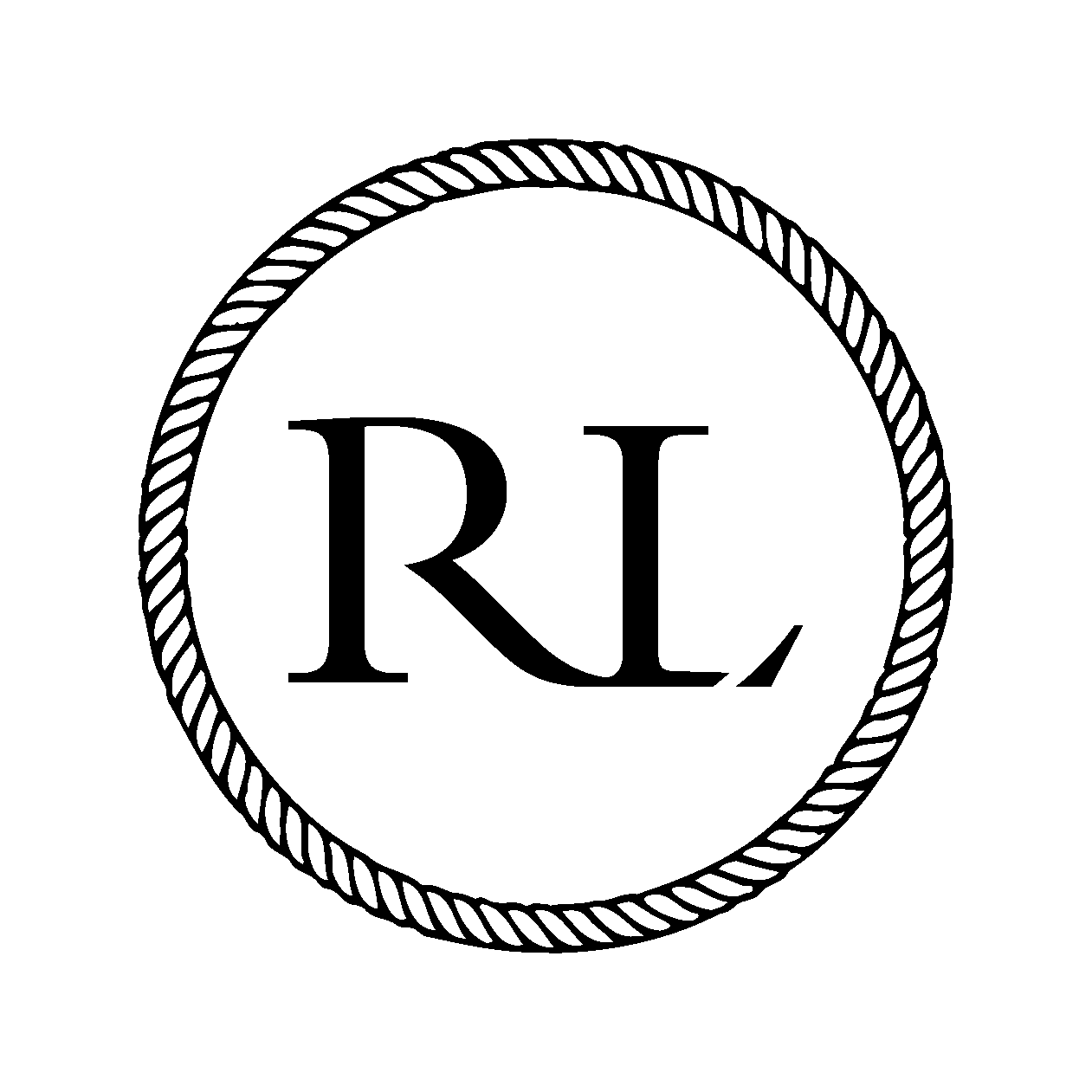What Can You Not Do After Rhinoplasty?

Thinking about getting rhinoplasty, or have you already scheduled your surgery? Whether you’re aiming for a cosmetic enhancement or need it for better breathing is a big decision. But what happens after the surgery is just as important. Post-surgery care can make a difference in how well you recover and the outcome of your new nose. So, what can you not do after rhinoplasty? Let’s dive into the crucial dos and don’ts to ensure you get the best results possible.
Immediate Post-Surgery Restrictions
1. Avoiding Strenuous Physical Activities
Avoiding strenuous physical activities in the first few weeks after surgery is essential. This includes heavy lifting, intense workouts, and any activity that raises your heart rate significantly. Why? These activities can increase blood flow to your face, leading to swelling and potential bleeding. Think of it as giving your nose a break to heal properly. Even if you feel up to it, stick to light activities like walking until your doctor gives you the green light.
Also Read – How do you reduce facial swelling after Rhinoplasty Surgery?
2. Refraining from Blowing Your Nose
You might feel congested after surgery, but it’s important not to blow your nose. Blowing your nose can pressure the healing tissues, potentially causing bleeding or displacement of nasal structures. If you need to clear your nose, try gently dabbing with a tissue or using a saline spray as your doctor recommends. It might be uncomfortable, but it’s worth it to avoid complications.
3. Not Touching or Bumping the Nose
Your nose will be tender and fragile in the initial stages of healing. Avoid touching or bumping it. This means steering clear of crowded places where your nose might accidentally get hit and being mindful during activities that could lead to accidental contact. Even simple actions like adjusting your glasses or hugging loved ones require extra caution.
Helpful Reading – How long does it take to recover from rhinoplasty?
Dietary Restrictions
1. Suggestions for a Soft Diet
After rhinoplasty, your body needs energy to heal, but your nose must also be protected from excessive movement. A soft diet can help. Focus on easy chew-and-swallow foods, like soups, smoothies, mashed potatoes, and yoghurt. This helps prevent unnecessary strain that could affect your nose. Plus, soft foods are usually gentler on your stomach, which can be sensitive after surgery.
2. Avoiding Alcohol and Spicy Foods
Alcohol and spicy foods can increase swelling and cause discomfort. Alcohol can also thin your blood, increasing the risk of bleeding. It’s best to avoid these during your recovery period. Instead, stick to a balanced diet rich in vitamins and minerals to support healing. Think of nourishing, comforting meals that keep you hydrated and help your body mend.
3. Hygiene and Skincare
Keeping your face clean is important, but you need to be gentle. Avoid rigorous washing or scrubbing. Use a gentle cleanser and pat your face dry carefully. Avoid facial treatments or harsh skincare products until your doctor gives you the go-ahead. Your skin might be more sensitive after surgery, so gentle and soothing products are the way to go.
Sleeping Posture
1. Recommended Sleeping Positions
After rhinoplasty, sleeping on your back with your head elevated is best. This helps reduce swelling and protects your nose from accidental bumps at night. It might take some time, but propping yourself with pillows can help. Elevating your head can also reduce the likelihood of any fluid retention in your face, making mornings more comfortable.
2. Using Extra Pillows for Elevation
Using extra pillows to elevate your head can significantly help reduce swelling. Aim to keep your head above your heart level. If you’re not used to sleeping on your back, it might take some adjustment, but it’s crucial for a smooth recovery. You could also consider a wedge pillow, which provides consistent support and can make the adjustment easier.
3. Follow-up Care and Appointments
Regular follow-up appointments with your surgeon are essential. These visits allow your doctor to monitor your healing process and address any concerns you might have. Attend all scheduled appointments and follow your surgeon’s instructions carefully. Your surgeon will check the progress, ensure no complications, and give you tailored advice for your recovery.
Transform Your Look with Rhinoplasty LDN
Recovering from rhinoplasty requires patience and careful adherence to post-operative guidelines. Knowing what to avoid and how to care for yourself can ensure a smoother recovery and better results. For expert advice and top-notch care, consider consulting with Rhinoplasty LDN. Transform your look and improve your breathing with confidence. Visit Rhinoplasty LDN to start your journey today.
Taking care of yourself after rhinoplasty is crucial for achieving the best possible results. Following these guidelines and being mindful of your recovery process, you can look forward to a successful outcome and a beautiful, functional nose. Let Rhinoplasty LDN be your partner in this transformative journey, guiding you every step of the way to ensure you achieve the results you’ve always wanted.
Frequently Asked Questions
Several factors can negatively impact your rhinoplasty results, including not following post-surgery care instructions, engaging in strenuous activities too soon, and accidental trauma to the nose. Adhering to your surgeon’s guidelines is crucial to ensuring the best outcome. Consistent care and patience during recovery are key to preserving your results.
